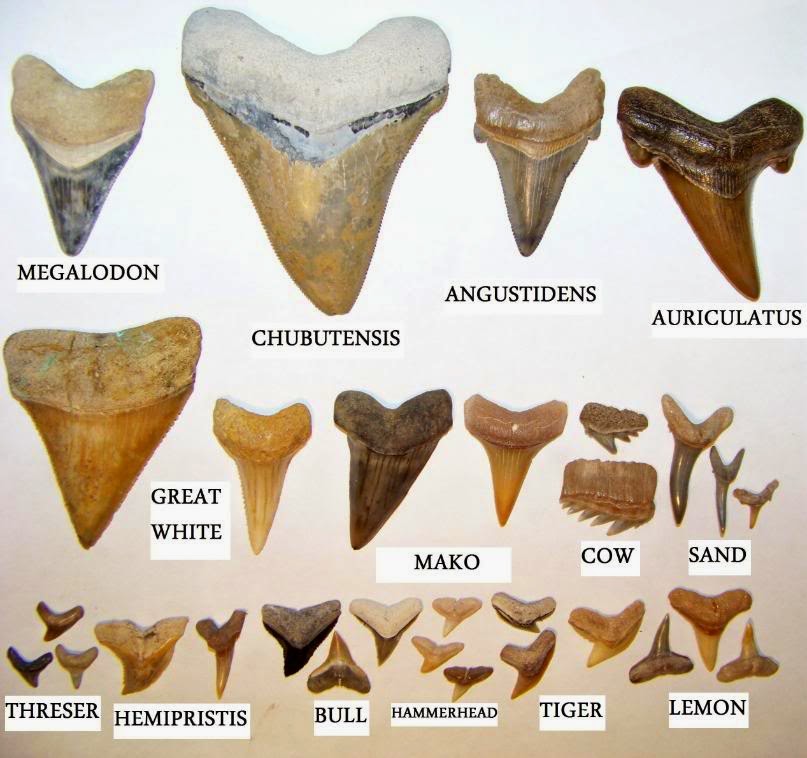There are many reasons why you might have bad breath. You
can get it if you don't brush and floss regularly. Bacteria that build up in
your mouth and between your teeth produce the bad odor. Other problems in your
mouth, such as gum disease, dry mouth or cavities, may also cause it. Sinusitis
or problems with your nose may be to blame. You can also have bad breath if you
eat some foods, like raw onions, garlic or cabbage. And of course smoking
causes its own bad aroma. Some diseases and medicines are associated with a
specific breath odor.
Having good dental habits, like brushing and flossing
regularly, help fight bad breath. Mouthwashes, mints or chewing gum may make
your breath fresher. If you have an underlying disorder, treating it may help
eliminate the breath odor.
Why is saliva so
important in the fight against bad breath?
Saliva is the key
ingredient in your mouth that helps keep the odor under control because it
helps wash away food particles and bacteria, the primary cause of bad breath.
When you sleep, however, salivary glands slow down the production of saliva,
allowing the bacteria to grow inside the mouth. To alleviate "morning
mouth," brush your teeth and eat a morning meal. Morning mouth also is
associated with hunger or fasting. Those who skip breakfast, beware, because
the odor may reappear even if you've brushed your teeth.
Do certain foods cause
bad breath?
Very spicy foods, such as onions and garlic, and coffee may
be detected on a person's breath for up to 72 hours after digestion. Onions,
for example, are absorbed by the stomach, and the odor is then excreted through
the lungs. Studies have even shown that garlic rubbed on the soles of the feet
can show up on the breath.
Does bad breath come
from other sources than the mouth?
Bad breath may also occur in people who have a medical
infection, diabetes, kidney failure or a liver malfunction. Xerostomia (dry
mouth) and tobacco also contribute to this problem. Cancer patients who undergo
radiation therapy may experience dry mouth. Even stress, dieting, snoring, age
and hormonal changes can have an effect on your breath. An odor that comes from
the back of your tongue may indicate postnasal drip. This is where mucus
secretion, which comes from the nose and moves down your throat, gets stuck on
the tongue and causes an odor.
How do I control bad
breath?
It is important to practice good oral hygiene, such as
brushing and flossing your teeth at least twice a day. Proper brushing,
including brushing the tongue, cheeks and the roof of the mouth, will remove
bacteria and food particles. Flossing removes accumulated bacteria, plaque and
food that may be trapped between teeth. To alleviate odors, clean your tongue
with your toothbrush or a tongue scraper, a plastic tool that scrapes away
bacteria that builds on the tongue. Chewing sugar-free gum also may help control
odor. If you have dentures or a removable appliance, such as a retainer or
mouth guard, clean the appliance thoroughly before placing it back in your
mouth. Before you use mouth rinses, deodorizing sprays or tablets, talk with
your dentist, because these products only mask the odor temporarily and some
products work better than others.
What is my dentist's
role?
Visit your dentist regularly, because checkups will help
detect any physical problems. Checkups also help get rid of the plaque and
bacteria that build up on your teeth. If you think that you suffer from bad
breath, your dentist can help determine its source. He or she may ask you to
schedule a separate appointment to find the source of the odor. Or, if your
dentist believes that the problem is caused from a systemic (internal) source,
such as an infection, he or she may refer you to your family physician or a
specialist to help remedy the cause of the problem.
















